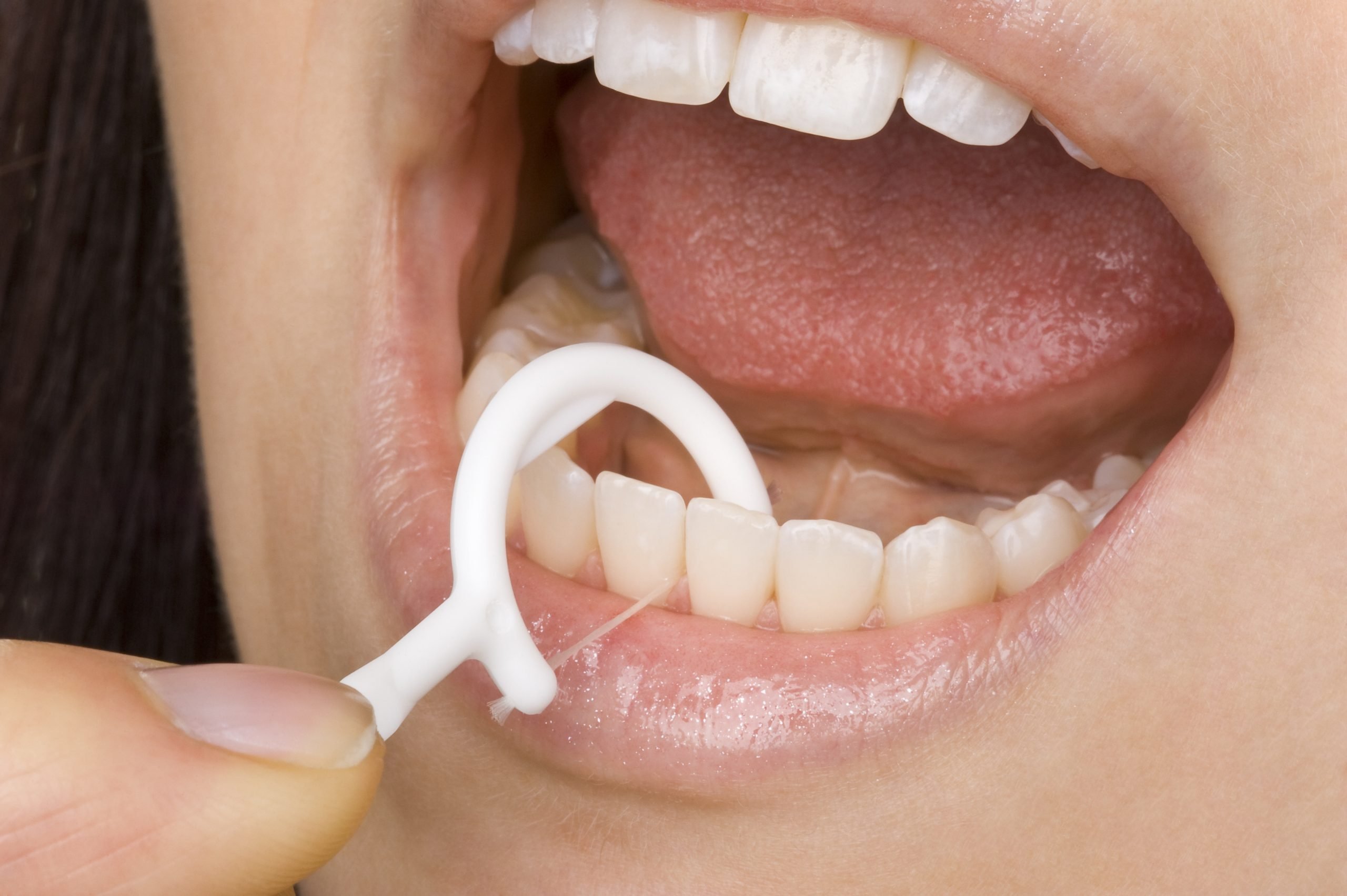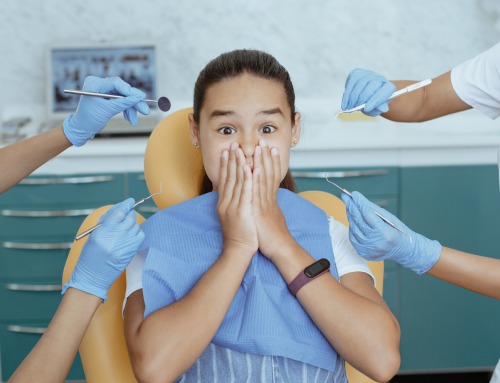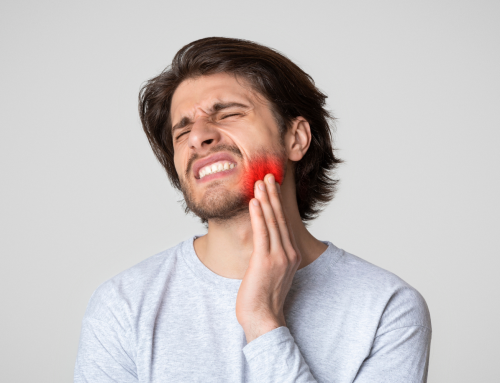Healthy gums are the foundation of a beautiful smile and overall oral health. However, many people experience receding gums, a condition where the gum tissue pulls back, exposing more of the tooth or even its root. This can lead to sensitivity, decay, and aesthetic concerns. At Somerset Dental, we aim to educate our patients on the causes and prevention of receding gums to help maintain optimal oral health. In this blog, we’ll explore the factors contributing to gum recession and how you can protect your gums.
Understanding Gum Recession
Gum recession happens when the gum tissue around the teeth diminishes or retracts, revealing more of the tooth or its root. This can lead to gaps forming between the teeth and the gum line, which allows bacteria that cause disease to accumulate easily. If left untreated, the supporting bone structures of the teeth can be damaged, leading to tooth loss.
Symptoms of Receding Gums
The symptoms of receding gums can vary, but common signs include:
- Sensitivity: Increased sensitivity to hot, cold, and sweet foods.
- Visible Roots: The roots of the teeth become visible.
- Longer Teeth: Teeth may appear longer than usual.
- Notches: Notches can develop near the gum line.
- Red, Swollen Gums: Gums may become red, swollen, and prone to bleeding.
Causes of Receding Gums
Poor oral hygiene isn’t the only cause of receding gums. Genetics, lifestyle, and brushing techniques must also be considered.
Poor Oral Hygiene
A leading cause of gum recession is poor oral hygiene. Not brushing and flossing regularly can result in plaque accumulation, which can harden into tartar. Tartar can irritate and inflame the gums, leading to gum recession over time.
Aggressive Brushing
While brushing is essential for oral health, brushing too hard or using a toothbrush with stiff bristles can damage the gums. Over time, this aggressive brushing can cause the gum tissue to wear away, leading to recession.
Gum Disease
Gum disease, or periodontal disease, is a major cause of gum recession. This bacterial infection destroys gum tissue and the supporting bone that holds teeth in place. In its early stages, known as gingivitis, the gums become inflamed and bleed easily. If left untreated, it progresses to periodontitis, where the gums begin to recede.
Genetics
Your genetics can also play a role in your susceptibility to gum recession. If your parents had receding gums, you might be at a higher risk for developing the condition. It’s essential to be aware of your family’s dental history and take preventive measures if you are genetically predisposed.
Tobacco Use
Using tobacco products, whether smoking or chewing, can significantly increase the risk of gum recession. Tobacco use can impair blood flow to the gums, making them more susceptible to infection and damage.
Teeth Grinding and Clenching
Bruxism, or teeth grinding and clenching, puts excessive force on the teeth and gums, leading to gum recession. This habit often occurs unconsciously during sleep and can be managed with a custom-fitted mouthguard provided by your dentist.
Misaligned Teeth
When teeth are misaligned, they can place excessive force on the gums and supporting bone structures during chewing and biting. Over time, this uneven pressure can cause the gums to recede.
Hormonal Changes
Hormonal changes, especially in women, can affect the gums. Pregnancy, menopause, and menstruation can make the gums more sensitive and vulnerable to recession. It is important to maintain good oral hygiene and visit your dentist regularly during these periods.
Piercings
Oral piercings, particularly lip or tongue piercings, can cause the jewelry to rub against the gums, leading to irritation and eventual recession. Choosing appropriate jewelry and monitoring the health of your gums can help mitigate this risk.
Preventing Gum Recession
Prevention is the best treatment for your oral health. Here is how you can keep your oral health in tip-top shape to avoid extra trips to your dentist’s office.
Proper Brushing and Flossing
Maintaining a proper oral hygiene routine is crucial for preventing gum recession. Clean your teeth using a soft-bristled toothbrush and gentle, circular motions. Floss daily to remove plaque and food particles from between your teeth and along the gum line.
Regular Dental Check-ups
Regular visits to Somerset Dental are essential for maintaining gum health. During these check-ups, your dentist can detect early signs of gum recession and provide professional cleanings to remove plaque and tartar buildup.
Healthy Lifestyle Choices
Adopting a healthy lifestyle can significantly impact your gum health. Avoid tobacco products, eat a balanced diet rich in vitamins and minerals, and stay hydrated. These habits will support your oral health and reduce the risk of gum recession.
Managing Bruxism
If you grind or clench your teeth, talk to your dentist about getting a custom-fitted mouthguard. This device can protect your teeth and gums from the excessive force caused by bruxism.
Correcting Misalignment
Orthodontic treatments can help correct misaligned teeth, distributing pressure evenly across your gums and teeth. This can reduce the risk of gum recession caused by uneven bite forces.
Gum recession is a common but preventable condition. By understanding its causes and taking proactive steps, you can protect your gums and maintain a healthy smile. At Somerset Dental, we are committed to helping you achieve and preserve optimal oral health. If you have concerns about gum recession or need to schedule a check-up, contact us today. Let’s work together to keep your smile healthy and beautiful.
Are you concerned about receding gums? What oral hygiene practices are you incorporating to avoid receding gums? Share your thoughts with our readers in the comments below.





